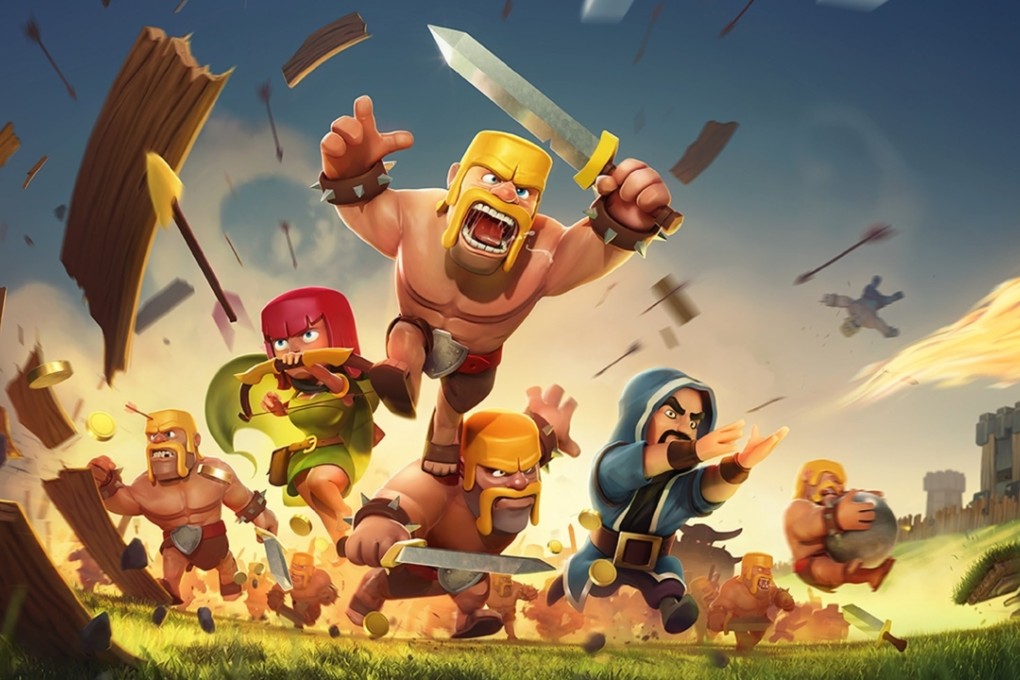Six reasons for Finland’s record start-up success: Clash of Clans maker Supercell reveals all
Founder of world’s No.1 mobile game developer says Nordic country’s can-do corporate culture just tip of the iceberg

How can a medium-sized Nordic nation with a population smaller than Hong Kong grow more start-ups than any other country in the world?
Ilkka Paananen, founder of the world’s No.1 mobile game company Supercell, believes Finland’s unique business culture makes all the difference.
“I think the Finnish culture is to get things done, although we don’t talk too much,” Paananen said this week during a group interview at the company's headquarters in Helsinki.
READ MORE: Silicon dreams: Can Hong Kong cultivate a successful start-up culture?
Supercell is behind many of the world’s most popular game titles including Clash of Clans, Boom Beach and Hay Day.
Paananen, who serves as chief executive of the technology company, gave six major reasons why Finland is becoming one of the world’s top countries for start-ups to get up and running successfully.
Despite the struggles that Nokia, formerly one of Finland’s biggest success stories, has encountered in recent years in adapting to the smartphone era, new companies are flourishing in this sparsely populated country of 5.5 million (Hong Kong’s population hovers around 7 million).